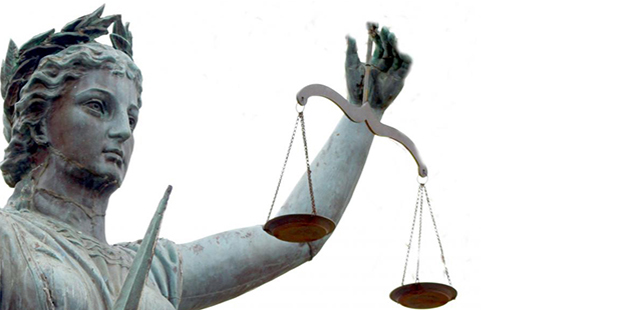 Individuals who have unfair convictions from unjust laws that criminalised homosexuality should be able to have their names cleared – and a major research report from legal and community organisations has developed a blueprint for reform in Queensland.
Individuals who have unfair convictions from unjust laws that criminalised homosexuality should be able to have their names cleared – and a major research report from legal and community organisations has developed a blueprint for reform in Queensland.
Emile McPhee, Executive Director of the LGBTI Legal Service, led the development of the report, which shares the stories of men harmed by the continuing legacy of convictions for consensual homosexual conduct, and said that it was important to recognise the lasting impact and suffering caused by the historic laws.
“These convictions can follow people for life, affecting them both emotionally and practically. Not only are they left with the shame and stigma of a sexual offence conviction, but because of exceptions to the spent conviction regime, it can continue to affect their employment and involvement in the community,” said Mr McPhee.
In Queensland, homosexuality was criminalised until 1990. During that time, men (and women) who engaged in consensual sexual activity could be charged with any number of offences, ranging from indecency to ‘unnatural offences’ and sodomy. The discussion paper, ‘Historical criminal treatment of consensual sexual activity between men in Queensland’, is designed to assist the Queensland Government in its move to ‘expunge’ these convictions.
One man whose story is shared in the report is Alan Raabe, who was convicted for sexual assault in 1988. Alan hoping the Queensland Government will act soon to repair the harm caused by the criminalisation of homosexual conduct. Talking about the impact the conviction had, Alan said:
“Being a criminal offence of a sexual nature, I had to abandon any hope of gaining teacher registration in Queensland. I had studied to gain a qualification, but was advised not to proceed with even an application for registration.”
Alan’s story is representative of a number of gay men impacted by the history of criminalisation in Queensland, and the damaging legacy of discriminatory laws. The President of the Brisbane Pride Festival and lecturer at QUT, Peter Black, recognises the importance of the reform.
“This step is the culmination of the efforts of thousands of LGBTI individuals over the last 40 plus years. 25 years after homosexuality was decriminalised in Queensland, we are finally at a point where people can finally be freed of the conviction,” said Mr Black.
The calls in Queensland follow the introduction of spent convictions legislation that applies to homosexual offences in South Australia in 2013, the enactment of schemes to comprehensively ‘expunge’ or ‘extinguish’ historical homosexual offences in NSW and Victoria, and positive steps taken in the ACT (who have just introduced a Bill) and Tasmania. The Human Rights Law Centre’s Anna Brown has been working closely with governments in other jurisdictions and was pleased to be contribute her knowledge to the report.
“Sex between consenting adults should never have been criminalised. It’s very pleasing to see the Queensland Government building on the work in other jurisdictions and working to right historical wrongs” said Ms Brown.
The report is based on historical and comparative research and has been authored by the LGBTI Legal Service in partnership the Human Rights Law Centre, the Queensland Association of Independent Legal Services, Brisbane Pride Festival and Caxton Legal Centre. The report was able to be prepared with generous pro bono assistance from law firm Allens.
For more information, visit: www.lgbtilegalservice.org for details.
